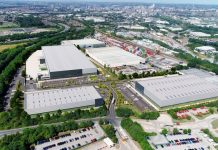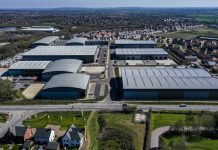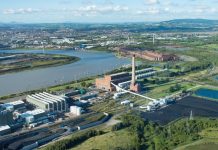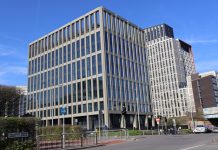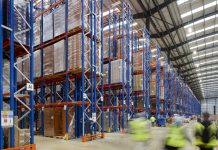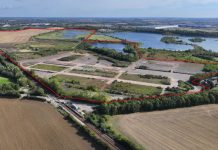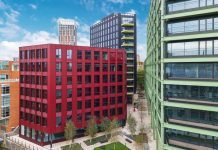In its response to a consultation on the reform of capital allowances, the BPF urges the Government to increase tax relief for capital expenditure on building projects that support the Government’s net zero and levelling-up ambitions and introduce a new tax credit system similar to that which applies to Research & Development spending.
Buildings are responsible for around 30% of all greenhouse gas emissions in the UK and reaching net zero by 2050 will require significant capital investment in new types of building, building techniques and new technologies to improve the energy efficiency of existing buildings. There is also a pressing need for investment in town centres if the Government is to fulfil its levelling up missions by 2030.
At the moment it can be difficult to create viable development proposals which also include the most up-to-date environmental features. This would change in relation to some projects and help drive the greening of our buildings, if the Government were to introduce a new tax allowance for capital spending on decarbonisation and town centre regeneration, accompanied – critically – by a cash tax credit that companies can claim where they have no taxable profits, as is often the case during a development or refurbishment.
The BPF suggests that the Government introduces targeted relief for capital expenditure on projects that:
(a) replace environmentally inefficient plant and machinery e.g., heating, and cooling systems in existing buildings
(b) sustainably retrofit or repurpose existing buildings
(c) help to regenerate the high street
Ion Fletcher, Director of Policy, British Property Federation, comments, “Meeting net zero and levelling up aspirations will require a huge investment in the built environment by the property sector working in partnership with Government. The sooner this investment is made, the better for all of us. It is time for a radical change to the capital allowances rules to help accelerate spending on decarbonisation and town centre regeneration”.
The property industry is an important source of capital investment in the economy, in 2020 the industry’s capital investment was £62bn, supporting 374,000 jobs and generating economic output of £25.6bn – a quarter of the industry’s total economic contribution of £107bn.

